In the world of iPhones, it is no longer the case that with each released generation, an older one loses compatibility with the new iOS. It all depends on the chip, optimization and new features. If we look at iOS 16, for example, it ended support for, for example, the very popular iPhone 6s, iPhone 7 and 7 Plus. What awaits us this year? Will Apple get rid of the iPhone 8, iPhone X or any later?
She is a rather burning question. Coincidentally, an acquaintance contacted me saying that he was looking for an older iPhone for his daughter. When you look into the world of Android, it doesn't really matter how old your phone is. It may not have the latest Android and the latest features, but it won't cut corners when it comes to apps from Google Play. But when iOS support ends for a given generation of iPhone, sooner or later it means its certain death. Although many applications will still run on it, perhaps not those related to finance. That's why it's better to think better about which generation to buy second-hand, so that you don't end up with a half-functional solution in a year.
It could be interest you
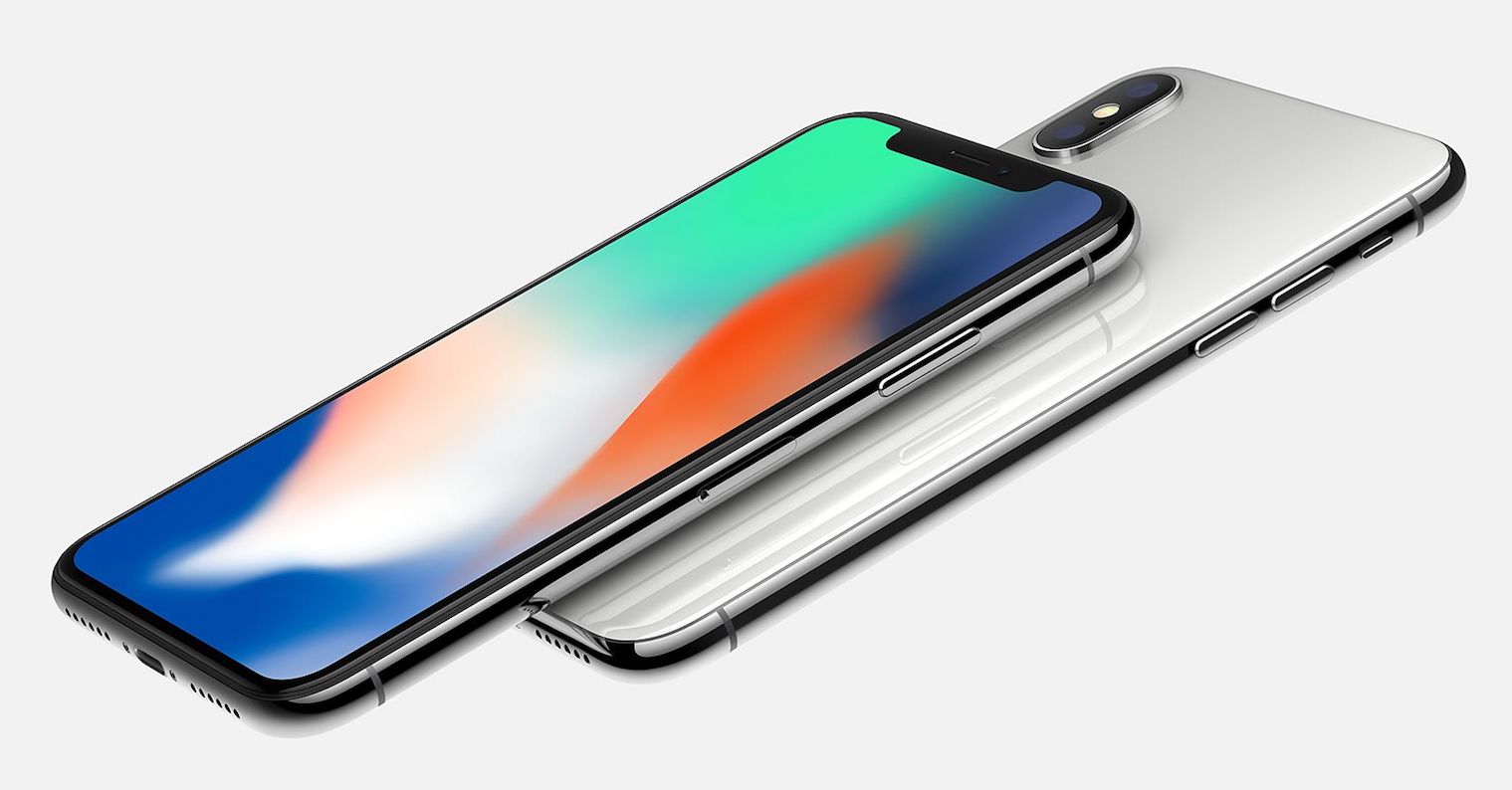
6 years maximum
iPhones usually get 5 years of software updates, with the iPhone 6s being a glaring exception. Accordingly, we also expect that iOS 17 will certainly support devices released after 2018, which means support for iPhone XS, XR and later. Regarding the iPhone 8 and iPhone X, the leaks are quite contradictory. Some lean on the side of support, others don't. So it's quite possible that iOS 17 will support all iPhones that have the ability to run on iOS 16 now.
Apple will present new operating systems for its devices at WWDC23 in early June, where we will learn more about iOS 17. Among its most anticipated features are sideloading applications, a new diary application, extended Dynamic Island functions, active widgets, or the redesign of the Control Center. None of this looks particularly hardware-intensive, but Apple will probably show more of its artificial intelligence, which can be fatal for certain devices.

However, the end of support may also be related to the irreparable vulnerability of the bootroom, which affects the A5 to A11 chips, when both the iPhone 8 and the iPhone X are equipped with the latter. In addition, support for the first generation 9,7" and 12,9" iPads should also end Pro and iPad 5th generation in the case of iPadOS 17. If you are currently choosing a second-hand iPhone and are worried about its compatibility with the latest iOS, wait. The opening Keynote, where we will see the appropriate resolution, is already taking place on June 5.
Certain iOS 17 compatibility:
- iPhone 14 Pro Max
- iPhone 14 Pro
- 14 iPhone Plus
- iPhone 14
- iPhone 13 Pro Max
- iPhone 13 Pro
- iPhone 13
- iPhone 13mini
- iPhone 12 Pro Max
- iPhone 12 Pro
- iPhone 12
- iPhone 12mini
- iPhone 11 Pro Max
- iPhone 11 Pro
- iPhone 11
- iPhone XS Max
- iPhone XS
- iPhone XR
- iPhone SE (2022)
- iPhone SE (2020)
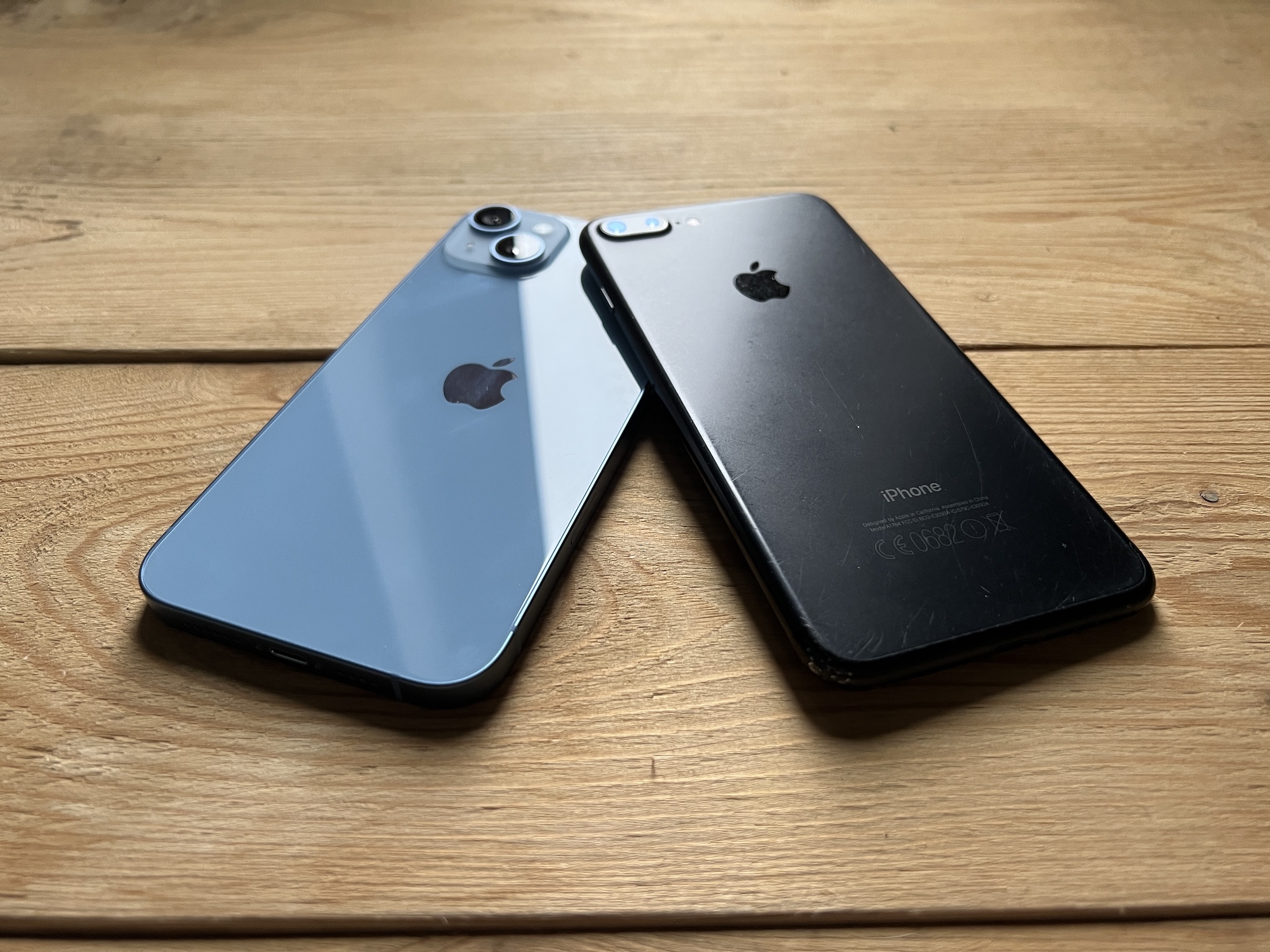

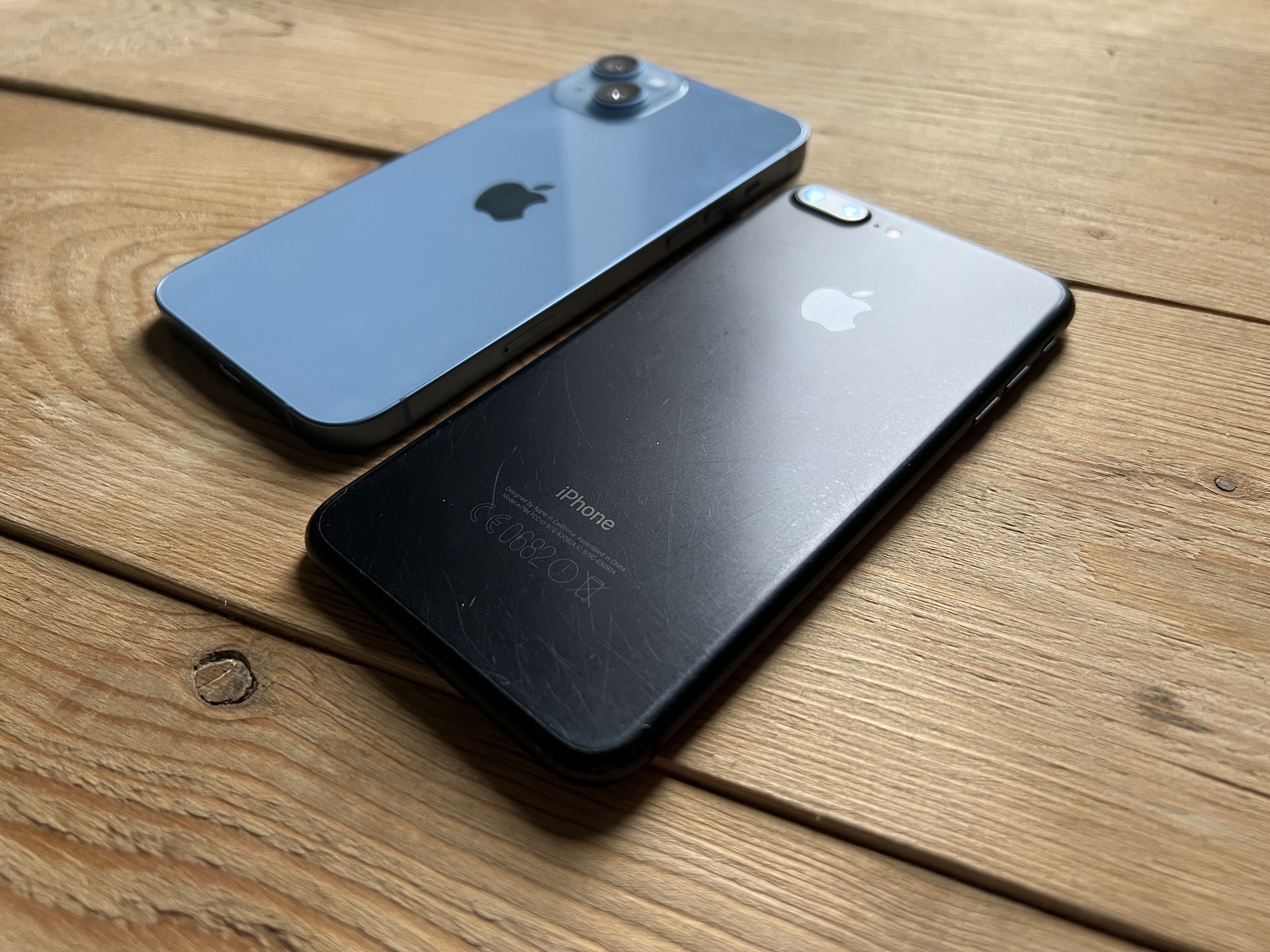
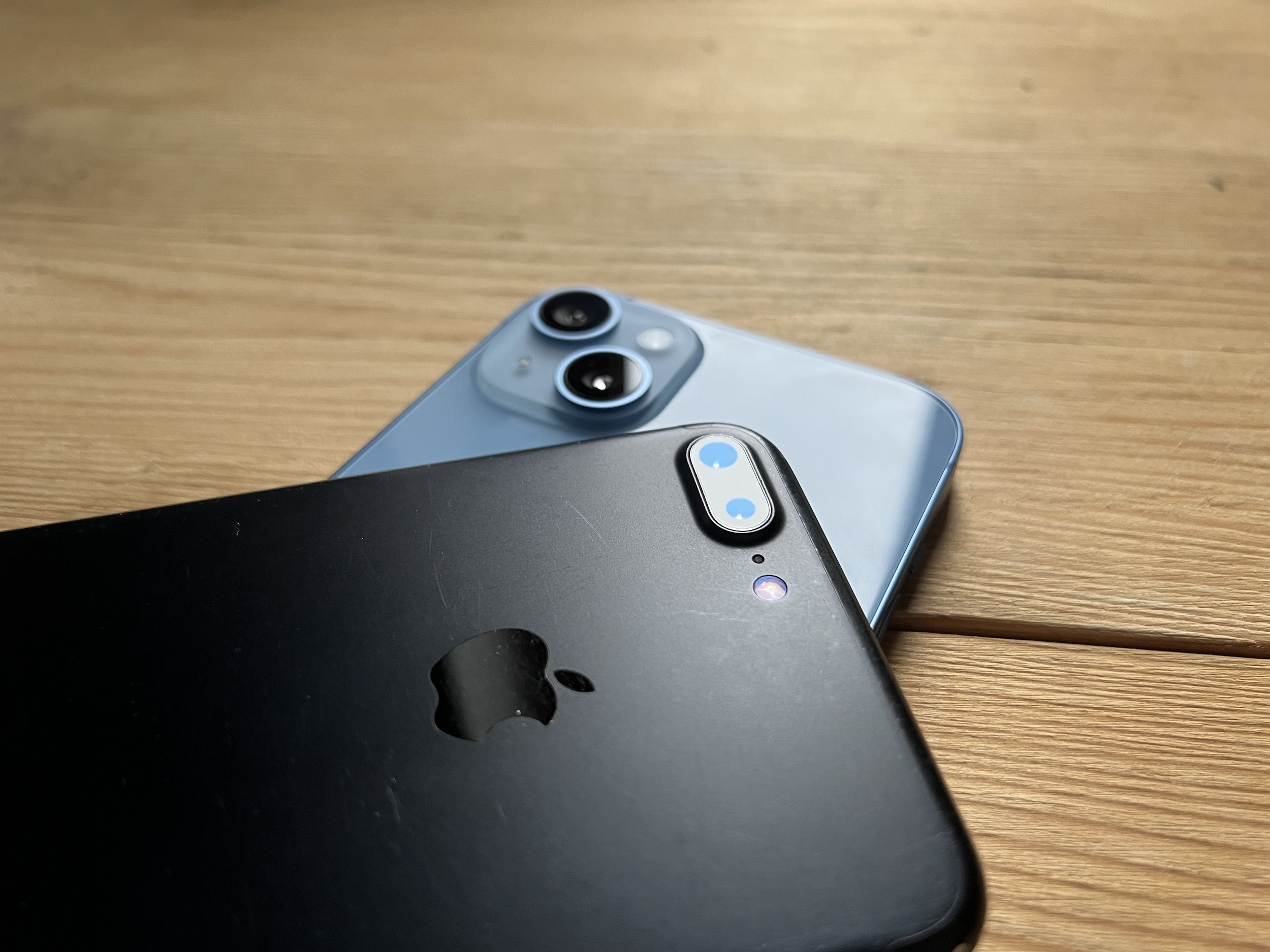
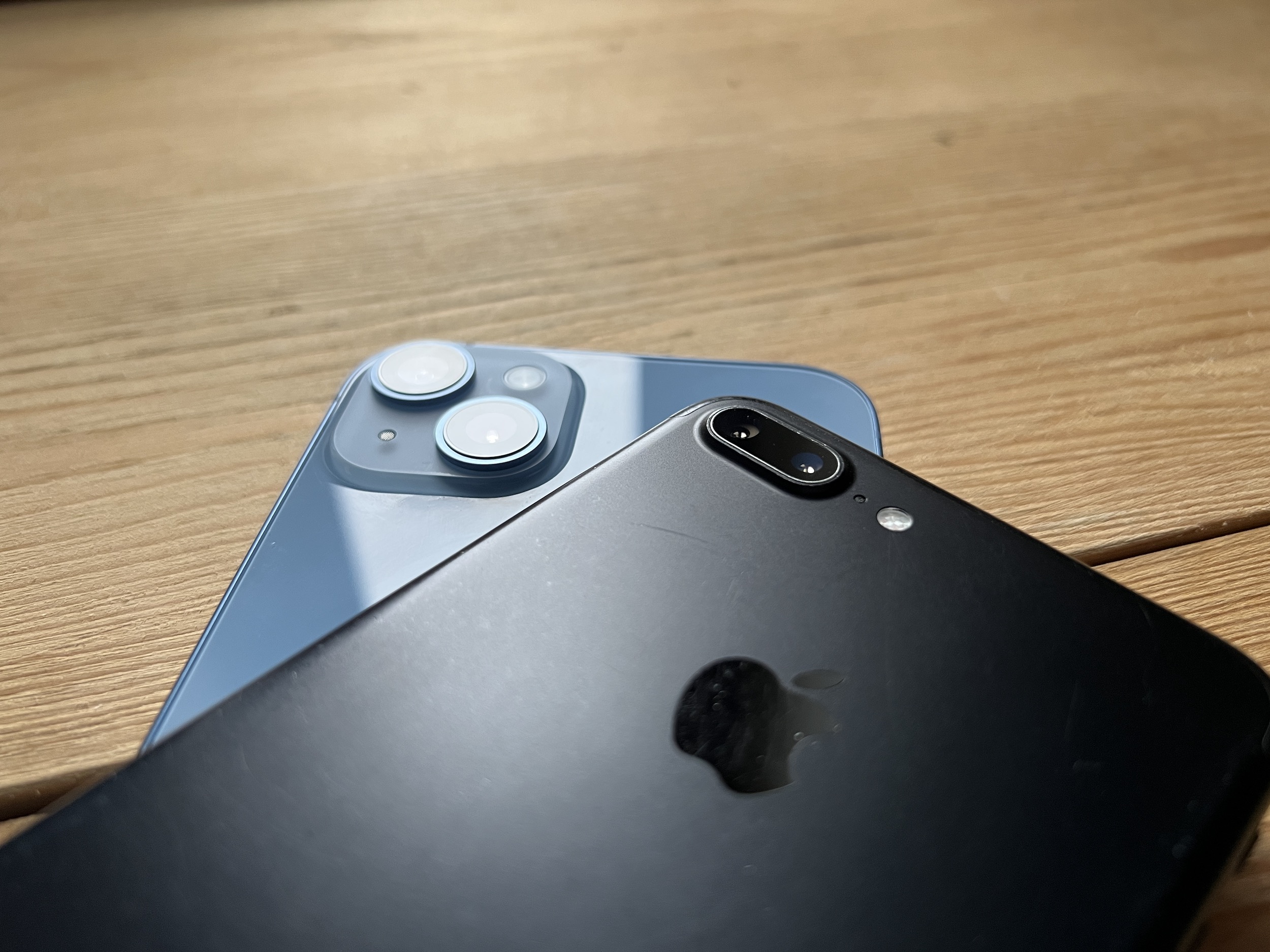
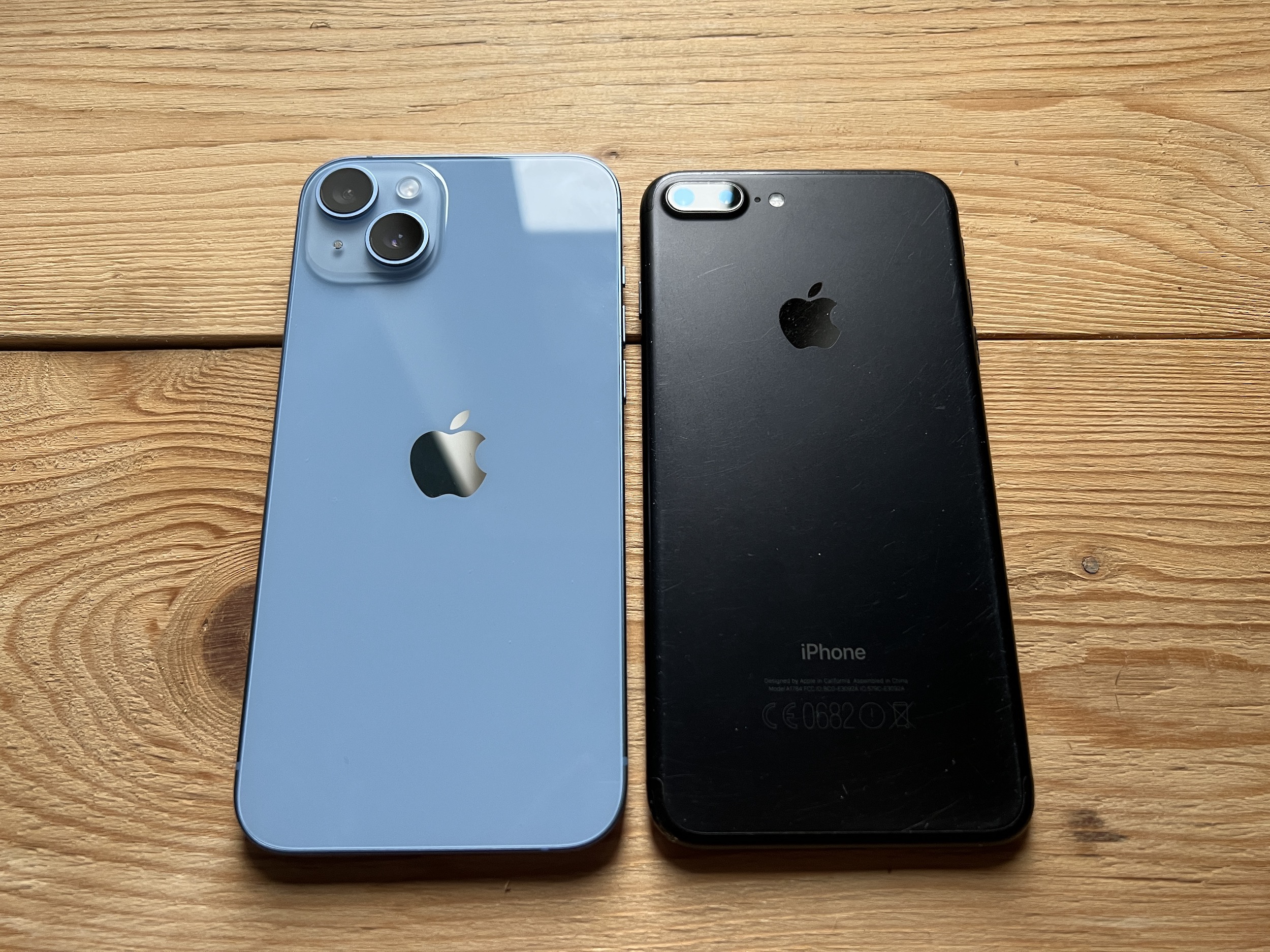
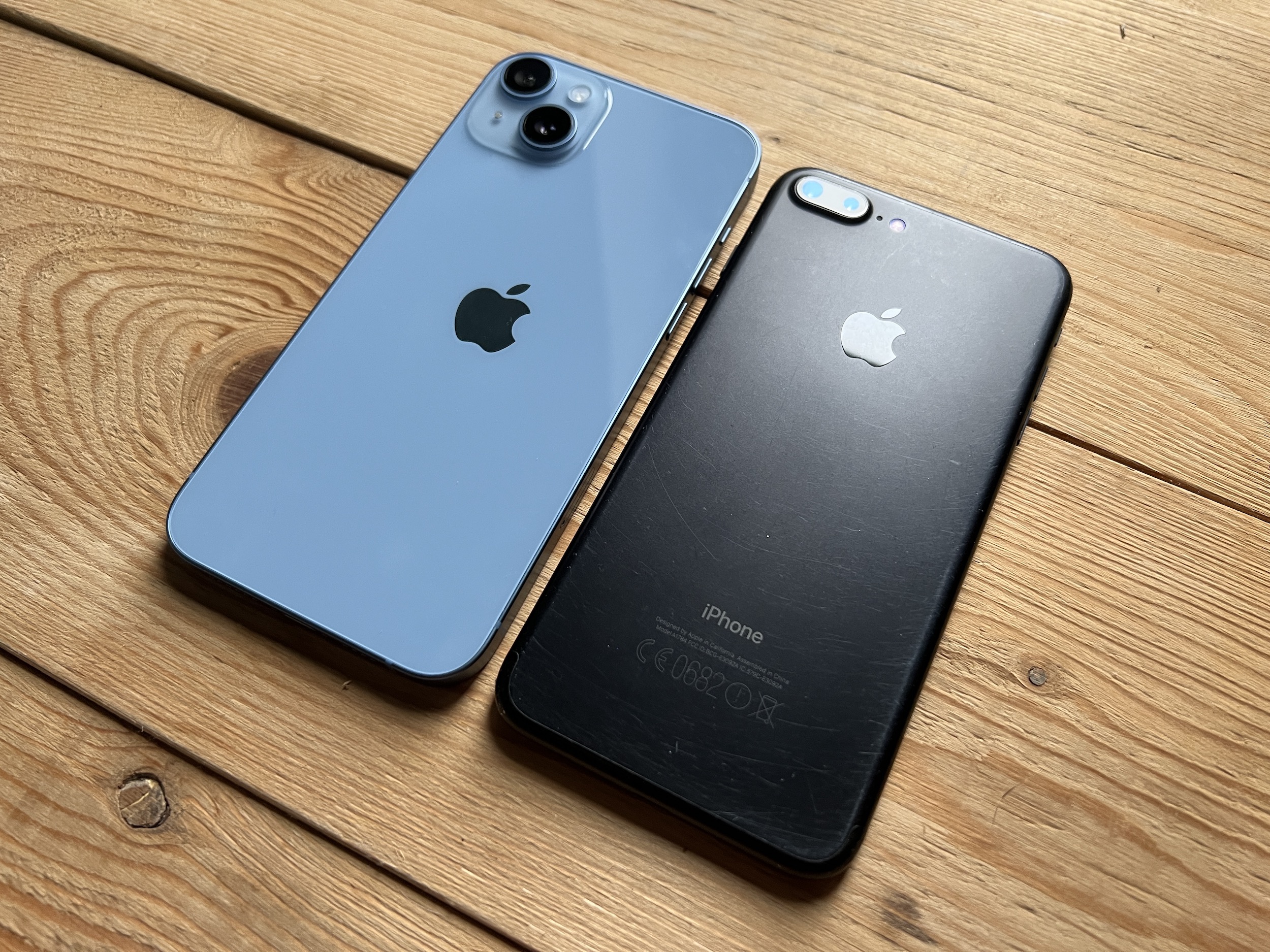

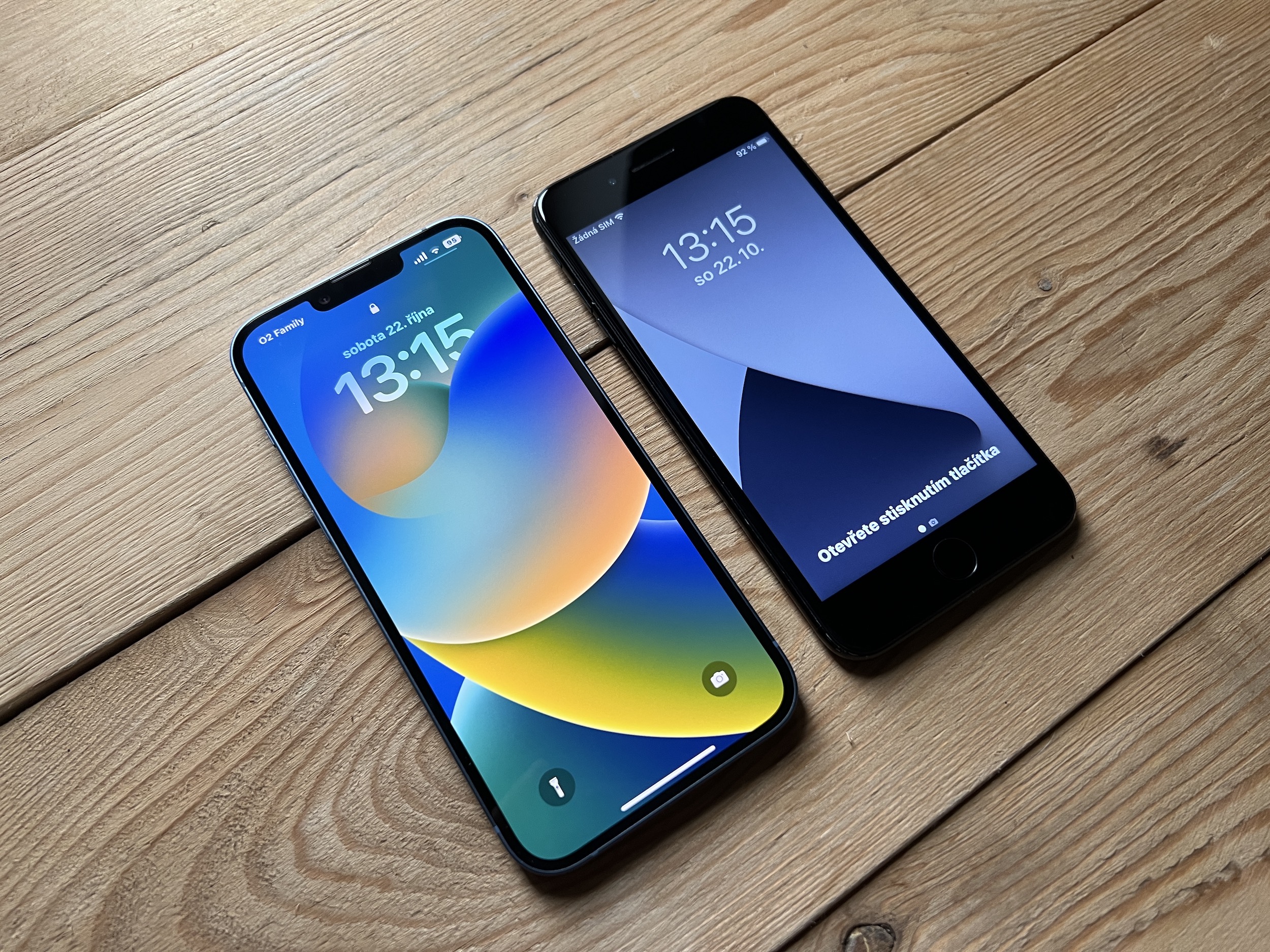
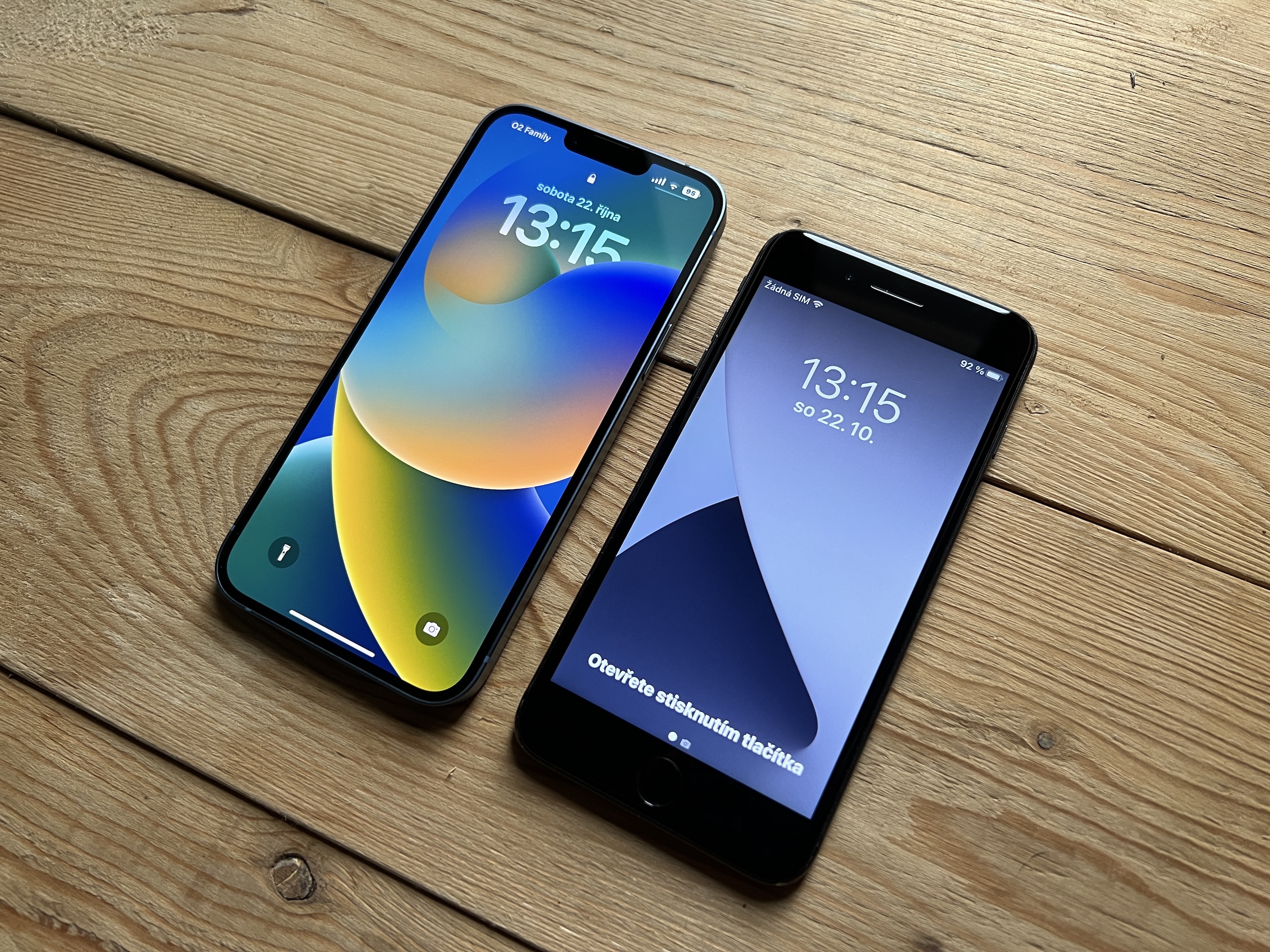
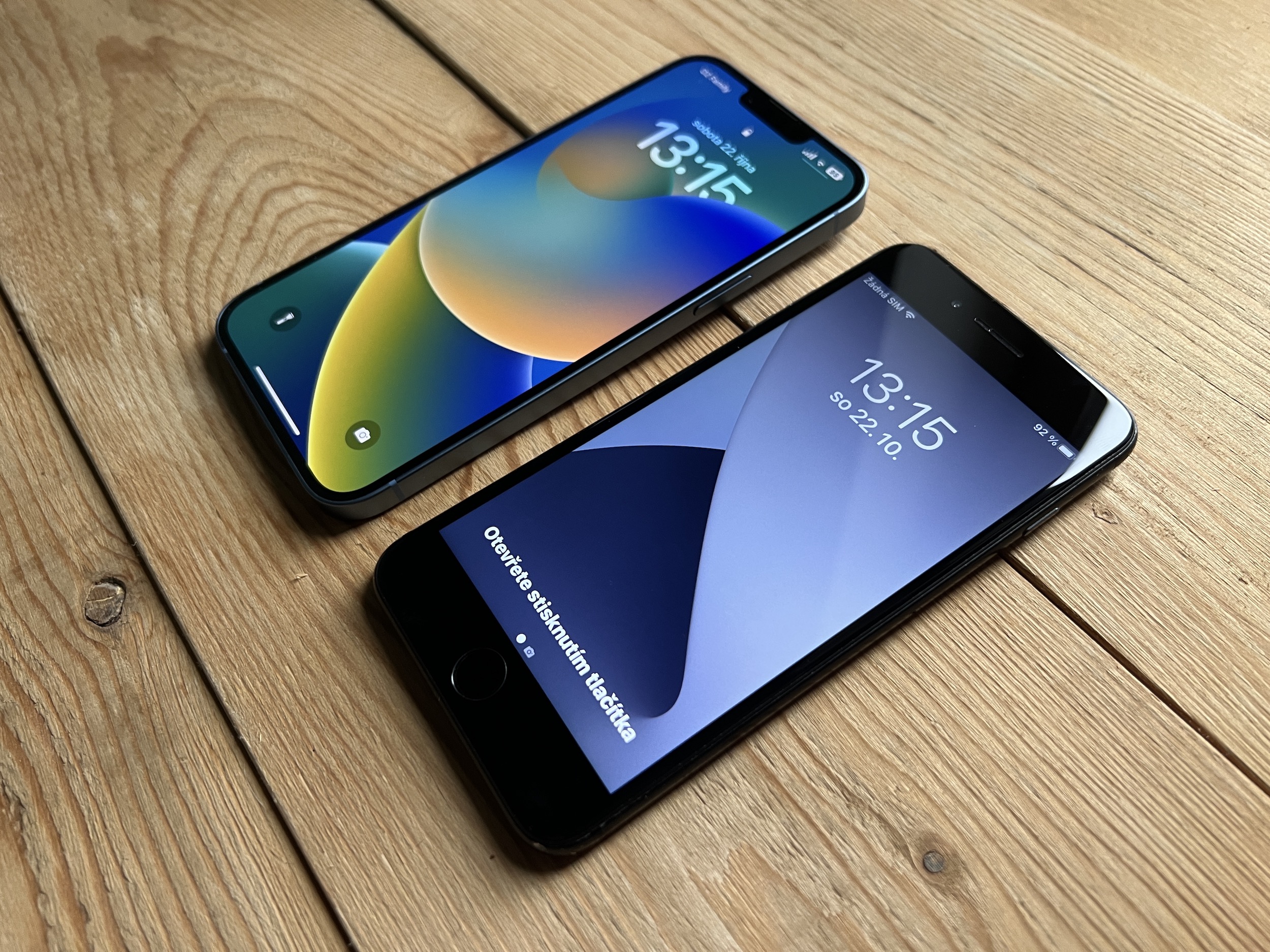

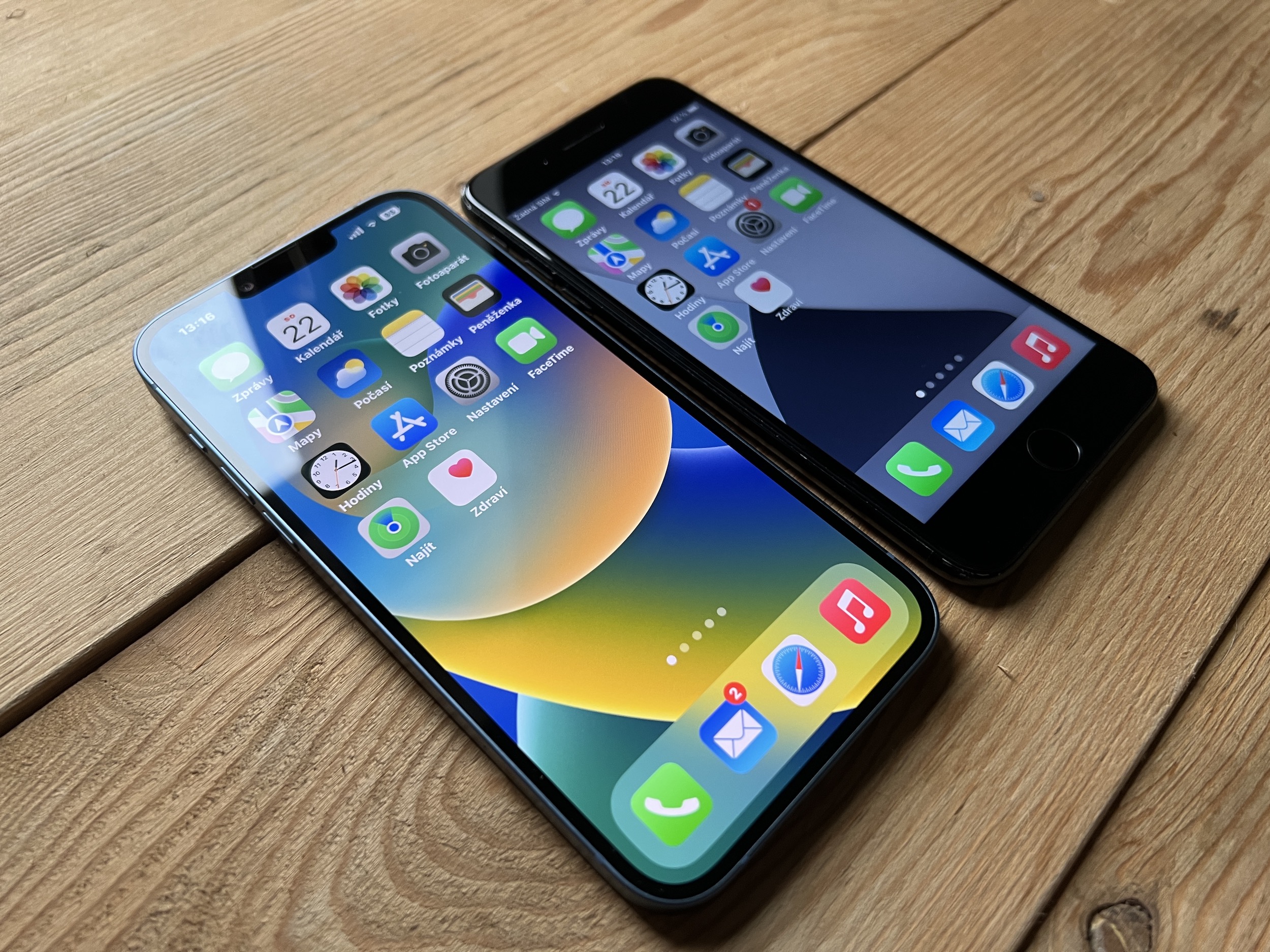
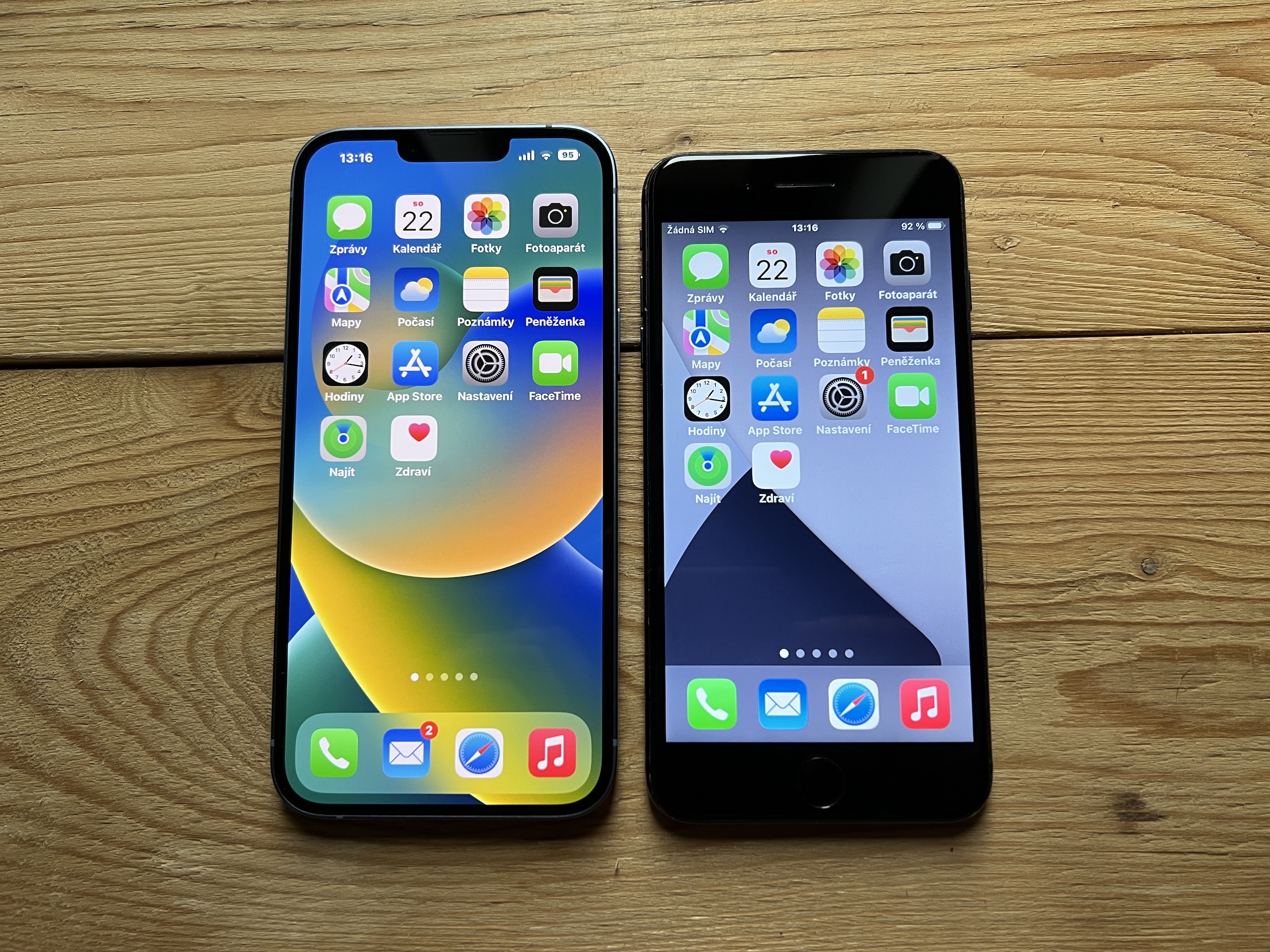

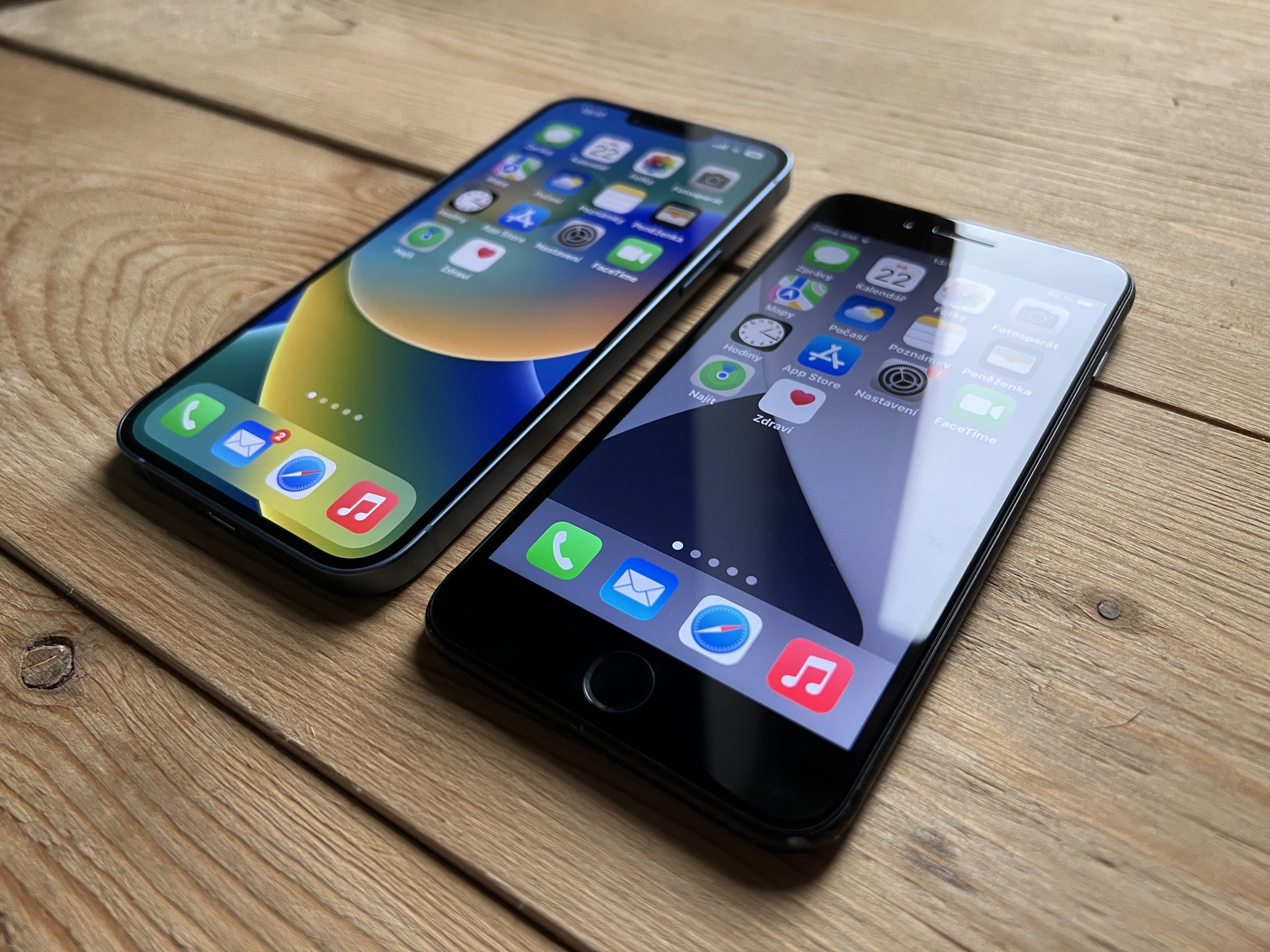
On the iPhone 13, when will I still have support for 4 major iOS updates or how should I understand it?
I have an iPhone 8+, ..banking services will not work on the new iOS. Am I to understand that I won't be able to pay via Apple Watch??
iPhone 8 and iPhone 8+ and X will definitely get iOS 17.
iPhone 8 8 plus or iPhone x will not get iOS 17 they are not in the list :)
It's just speculation, wait until June 5th for Apple to decide on supported devices.😉
It was also said that the iPhone 6s would not get iOS 15, and it did. 😉
Also, what is iOS 17 for anyway? iPhone 13 always works well for me on iOS 20 :)
On iOS 16 fix